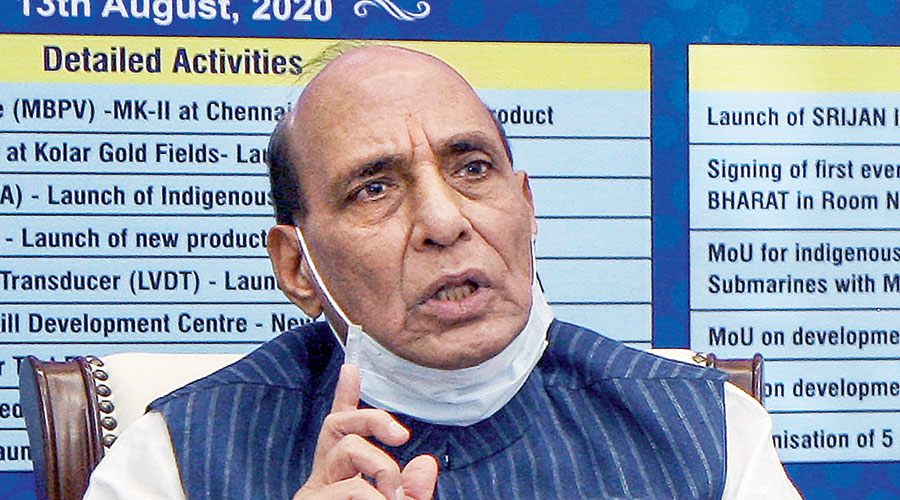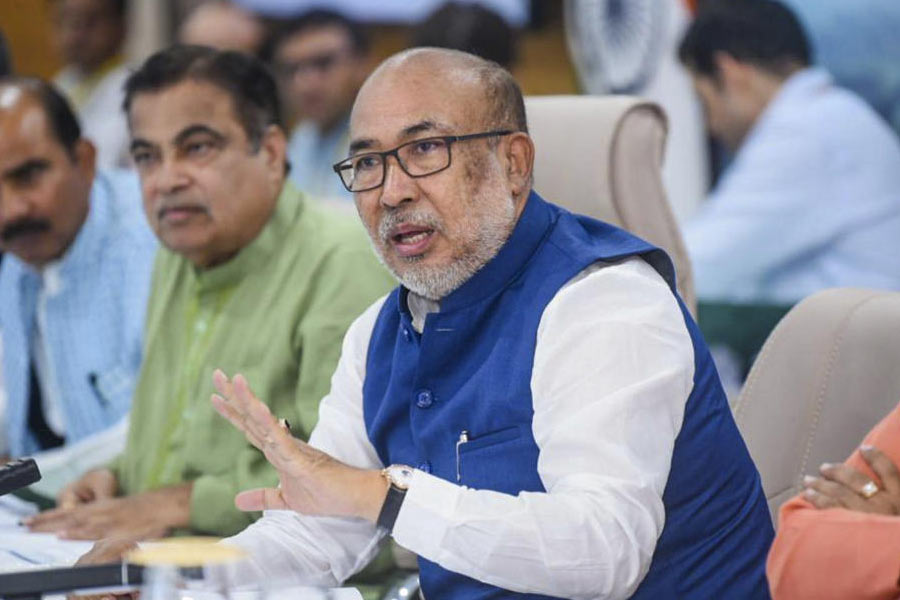Openness is refreshing in a government often unenthusiastic about facts. That the Union defence minister, Rajnath Singh, has approved a policy of declassifying and archiving documents relating to defence and compiling war and operations histories is therefore welcome. The policy is not new: the Public Records Act, 1993 and the Public Records Rules, 1997 had established a process for declassification of documents and their transfer to the National Archives after 25 years or more. The defence ministry’s directions refer to two distinct activities: declassification and archiving of documents, thus allowing people to access them, and writing official histories. But the rules for declassification of documents from the armed forces and intelligence sources need to be revised meticulously because communications and warfare have changed since 1997. Discrimination and expertise would be paramount for the process. Even then, the fundamental question would be whether defence documents — reports, war diaries, letters and other material — even after 25 years, would be made public by an establishment that has not yet published the Henderson Brooks-Bhagat report on the Sino-Indian war of 1962. The Kargil Review Committee recommended writing histories to learn from mistakes: would the government be willing to reveal its errors to the public?
Although the ministry’s history division earlier produced official histories by experts, it is noticeable that this time the ‘compiling’ is to be done by a committee composed mainly of bureaucrats together with military historians. History writing is not compilation but analysis, a job for the specialist. The dominant presence of bureaucrats may not bode well for any history. Besides, the official histories of the 1962, 1965 and 1971 wars were never approved for publication by the government; only leaked versions exist ‘out there’. The policy approved by Mr Singh perhaps aims to set the record straight by regular declassification and transfers to archives, possibly after histories have been ‘compiled’. The notion of such frankness about defence matters is somewhat startling in a regime that has made a point of blunting the force of the Right to Information Act by amending the law as well as by other means, such as delaying crucial appointments. It is a remarkable paradox that a government that downgrades a transparency law meant to serve citizens seems willing to downgrade classified defence documents for the sake of public knowledge.










